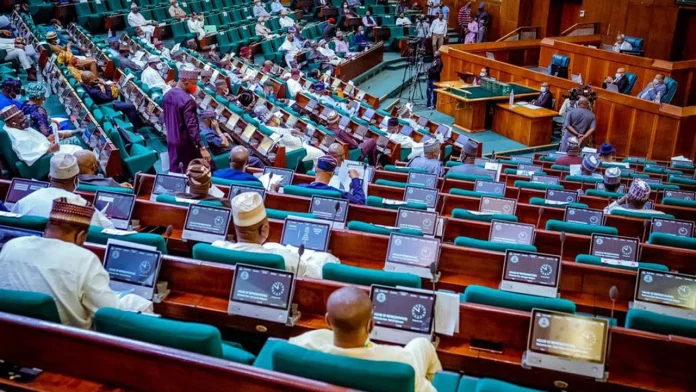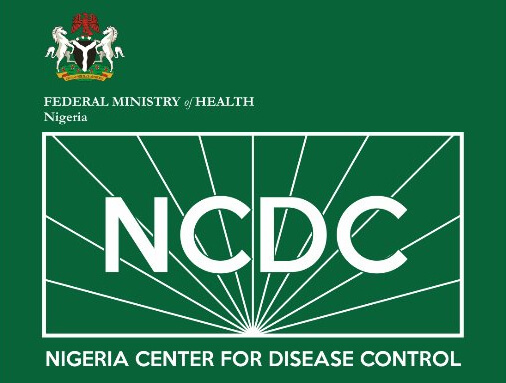Place your adverts here on InfoDig @ low rates; banner ads, sponsored links and guest articles etc. Contact us
The House of Representatives has called on the Central Bank of Nigeria (CBN) to significantly raise its agricultural lending portfolio from the current 1.4% to 7% of total lending over the next five years.
This appeal is aimed at boosting agricultural productivity and supporting smallholder farmers across the country.
The resolution followed the adoption of a motion presented by Rep. Uchenna Okonkwo (LP-Anambra) during the House’s plenary session in Abuja. The motion, titled “Repositioning Nigeria’s Incentive-Based Risk Sharing System for Agricultural Lending (NIRSAL) and De-Risking Agribusiness in Nigeria,” highlighted the critical need to address the sector’s funding gaps to drive economic recovery.
As part of the resolution, the House also urged CBN to ensure that 50% of the proposed agricultural loans are channeled to smallholder farmers through microfinance institutions, farmer cooperatives, and value chain commodity associations.
The recommended interest rates for these loans should range between 7.5% and 10.5%.
Okonkwo, in his argument, attributed the nation’s economic struggles, rising poverty, and food insecurity to declining agricultural productivity, primarily driven by low investment and inadequate funding.
Despite agriculture contributing 40% to Nigeria’s GDP and providing over 60% of employment, the sector continues to underperform due to insufficient capital investment.
Okonkwo further advocated for an additional $3 billion to be allocated to NIRSAL to support lending to actors across the agricultural value chain and reduce borrowing costs for farmers.
The House adopted the motion and mandated the Committees on Banking Regulations, Agricultural Production and Services, Nutrition and Food Security, and Finance to monitor compliance and report back within four weeks for further legislative action.
















 English (US) ·
English (US) ·